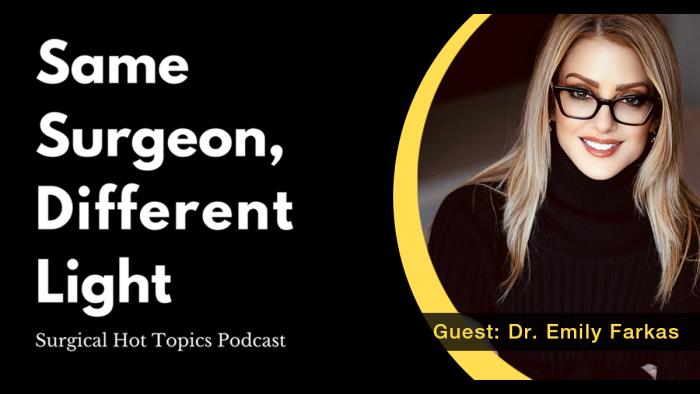Conflict is inevitable in the high-pressure, high-stakes world of cardiothoracic surgery. Whether it's a difference in opinion during an operation, tension between surgical team members, or friction over program outcomes, the ability to manage conflict effectively is a critical—yet often underdeveloped—skill for surgeons at all stages of their careers.
